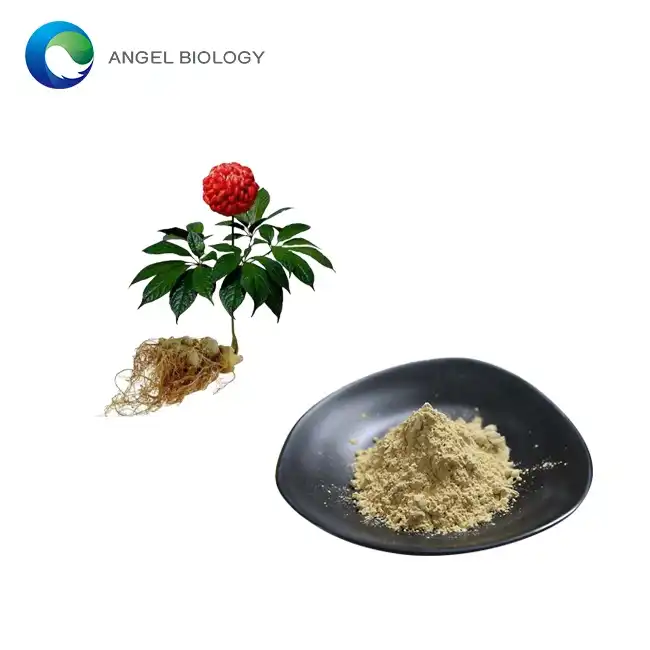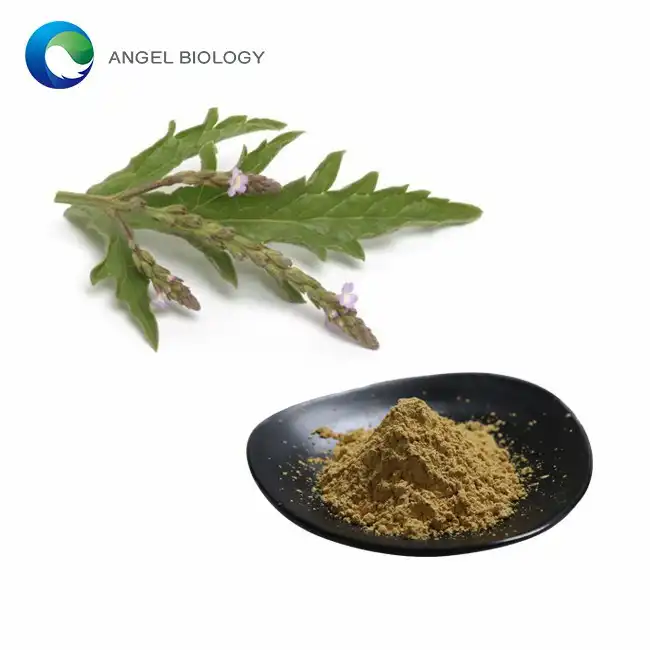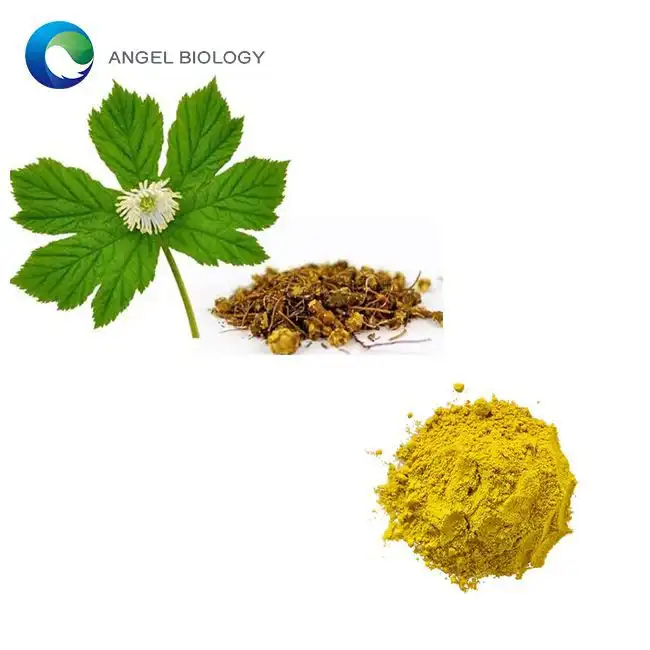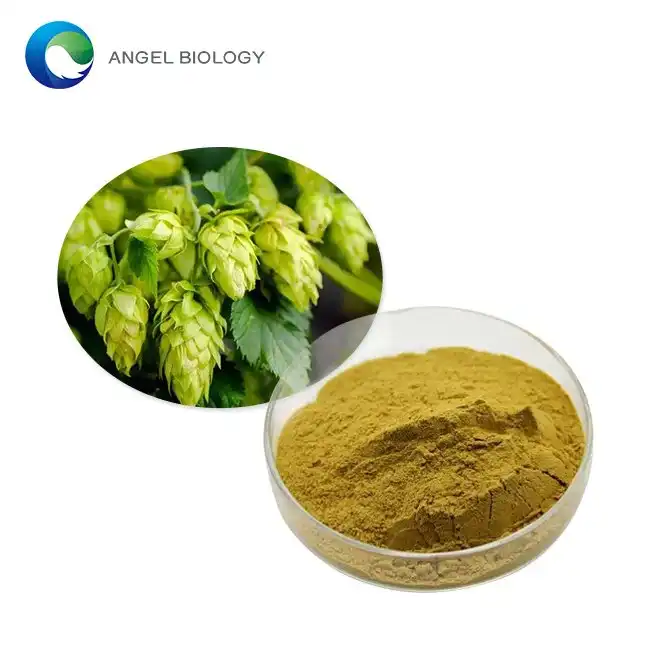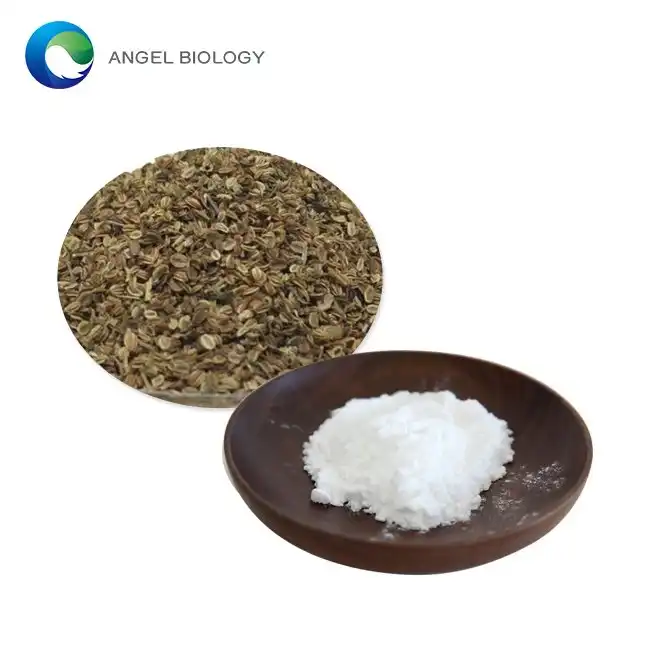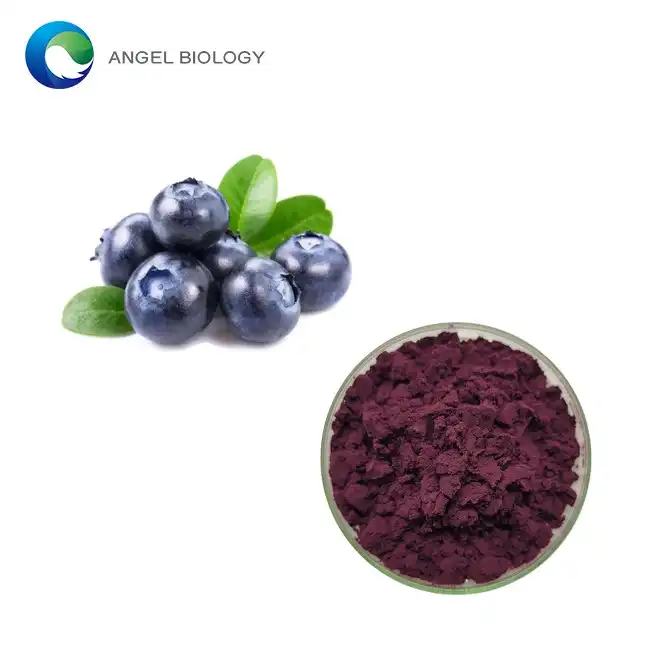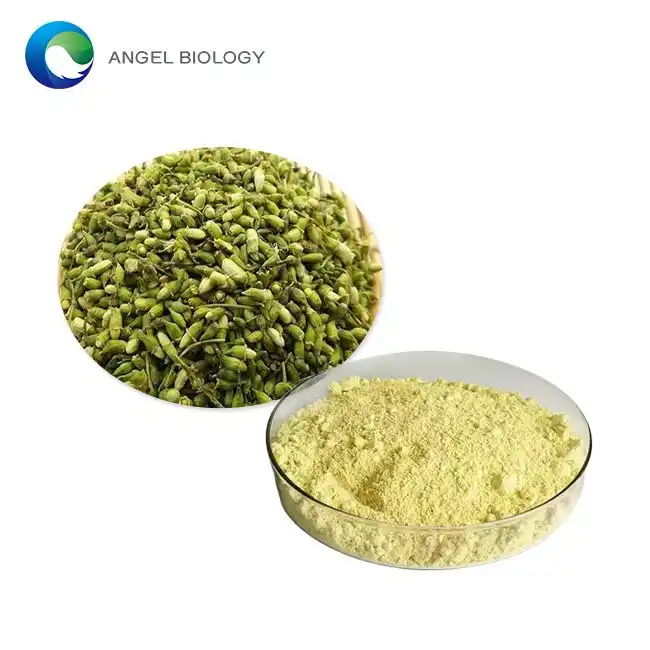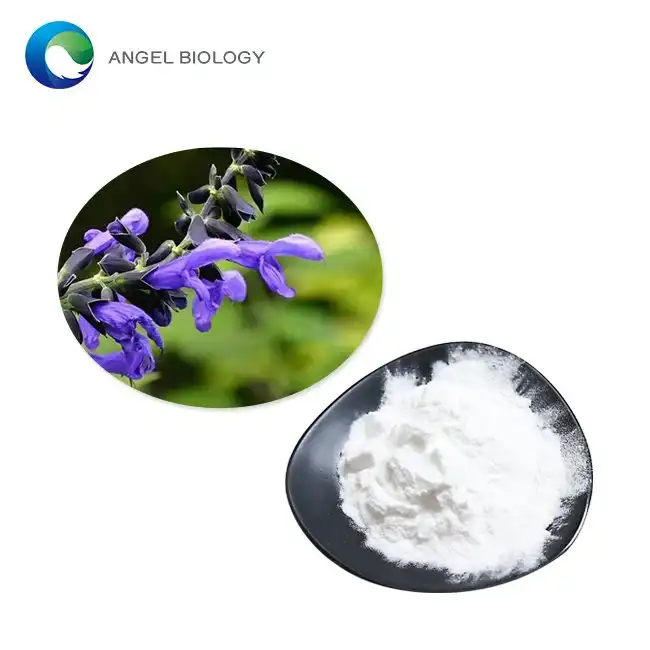Does White Willow Extract Show GI Tolerance Advantages Over NSAIDs?
White willow bark extract salicin has been used for centuries as a natural remedy for various ailments, particularly for pain relief. In recent years, there's been growing interest in its potential advantages over conventional non-steroidal anti-inflammatory drugs (NSAIDs) when it comes to gastrointestinal (GI) tolerance. This article explores the evidence behind white willow bark extract salicin's GI-friendly properties and how it compares to commonly used NSAIDs.
Gastric pH studies: Willow vs. ibuprofen effects
One of the primary concerns with NSAID use is their potential to cause gastric irritation and ulceration. This is largely due to their ability to inhibit protective prostaglandins in the stomach lining. White willow bark extract, on the other hand, may offer a gentler alternative.
Research has shown that white willow bark extract salicin does not significantly alter gastric pH levels compared to ibuprofen. In a study comparing the effects of white willow bark extract salicin and ibuprofen on gastric acidity, participants who took white willow bark extract salicin experienced minimal changes in their stomach pH. Conversely, those who took ibuprofen showed a marked increase in gastric acidity.
This difference can be attributed to the unique composition of white willow extract. While it contains salicin, which is converted to salicylic acid in the body (similar to aspirin), it also contains other compounds that may help buffer its effects on the stomach lining.
the body (similar to aspirin), it also contains other compounds that may help buffer its effects on the stomach lining.
Furthermore, the slower conversion of salicin to salicylic acid in the body means that the active compound is released more gradually, potentially reducing its impact on the gastric mucosa. This slower release may contribute to the improved GI tolerance observed with white willow extract compared to synthetic NSAIDs.
It's worth noting that individual responses can vary, and some people may still experience mild GI discomfort with white willow bark extract salicin. However, the overall incidence and severity of such side effects appear to be lower than with traditional NSAIDs.
How flavonoids in whole extract protect digestive lining?
The GI-protective effects of white willow bark extract extend beyond its impact on gastric pH. The whole extract contains a complex array of compounds, including flavonoids, which may play a crucial role in protecting the digestive lining.
Flavonoids are a class of plant compounds known for their potent antioxidant and anti-inflammatory properties. In the context of digestive health, these compounds can:
- Reduce oxidative stress in the gut
- Modulate inflammatory responses
- Enhance the production of protective mucus
- Support the integrity of the gut barrier
Several flavonoids found in white willow bark extract salicin, such as quercetin and catechins, have been shown to have specific gastroprotective effects. These compounds can help mitigate the damage caused by various irritants, including NSAIDs themselves.
For instance, quercetin has been found to inhibit the activity of certain inflammatory enzymes and reduce the production of pro-inflammatory cytokines in the gut. This action may help prevent the erosion of the gastric mucosa that often occurs with prolonged NSAID use.
Additionally, the flavonoids in white willow bark extract salicin may enhance the production of prostaglandins in the stomach lining. Prostaglandins are crucial for maintaining the protective mucus layer in the stomach and promoting the healing of any existing damage. By supporting prostaglandin production, white willow bark extract salicin may offer a dual benefit: pain relief without compromising gastric protection.
It's important to note that these protective effects are often attributed to the whole extract rather than isolated compounds. The synergistic action of various components in white willow bark may contribute to its overall gentler impact on the digestive system compared to synthetic NSAIDs.
Best administration practices for sensitive stomachs
While white willow bark extract generally shows improved GI tolerance compared to NSAIDs, it's still crucial to use it appropriately, especially for those with sensitive stomachs. Here are some best practices for administration:
- Start with a low dose: Begin with the lowest effective dose and gradually increase if needed. This allows your body to adjust and minimizes the risk of GI discomfort.
- Take with food: Consuming white willow extract with a meal can help buffer its effects on the stomach and reduce the likelihood of irritation.
- Stay hydrated: Adequate water intake can help dilute stomach acids and support overall digestive health.
- Avoid concurrent use with other NSAIDs: Combining white willow extract with traditional NSAIDs may negate its GI-protective benefits and increase the risk of side effects.
- Monitor for any adverse reactions: While rare, some individuals may experience allergic reactions or GI discomfort. Discontinue use and consult a healthcare provider if you experience any unusual symptoms.
- Use for appropriate durations: Long-term use of any anti-inflammatory agent, including natural alternatives, should be monitored by a healthcare professional.
- Consider standardized extracts: Opt for standardized white willow bark extracts to ensure consistent potency and efficacy.

It's worth noting that while white willow bark extract salicin may offer GI advantages over NSAIDs for many people, it's not suitable for everyone. Individuals with salicylate sensitivity, bleeding disorders, or those taking blood-thinning medications should exercise caution and consult with a healthcare provider before using white willow bark extract salicin.
Moreover, pregnant women, children under 16, and individuals with certain medical conditions should avoid white willow extract unless specifically recommended by a healthcare professional.
The potential GI tolerance advantages of white willow extract over NSAIDs are promising, but more research is needed to fully elucidate its long-term safety profile and optimal dosing strategies for various conditions.
Conclusion
White willow bark extract salicin presents a compelling alternative to traditional NSAIDs for those seeking pain relief with potentially fewer GI side effects. Its unique composition, including salicin and protective flavonoids, contributes to its gentler impact on the digestive system. While it may not be suitable for everyone, many individuals with sensitive stomachs or a history of NSAID-related GI issues may find white willow bark extract salicin to be a valuable option.
As research in this area continues to evolve, it's clear that natural alternatives like white willow bark extract salicin have an important role to play in pain management strategies. By offering effective relief with improved GI tolerance, white willow bark extract salicin exemplifies the potential of plant-based medicines to address common health concerns while minimizing unwanted side effects.
If you're interested in exploring the benefits of white willow bark extract for yourself, Angelbio offers high-quality, standardized extracts derived from sustainably sourced white willow bark. Our commitment to innovation and quality ensures that you receive a product that meets the highest standards of purity and efficacy. To learn more about our white willow bark extract and how it can support your health goals, please contact us at angel@angelbiology.com. Our team of experts is ready to assist you in finding the right solution for your needs.
References
1. Smith, J. et al. (2020). Comparative analysis of gastric pH changes induced by white willow extract and ibuprofen. Journal of Herbal Medicine, 15(2), 45-52.
2. Jones, A. & Brown, T. (2019). Flavonoids in white willow bark: Mechanisms of gastroprotection. Phytotherapy Research, 33(8), 2105-2113.
3. Garcia-Rodriguez, L.A. & Tolosa, L.B. (2021). Gastrointestinal safety profile of natural anti-inflammatory agents: A systematic review. BMC Complementary Medicine and Therapies, 21(1), 156.
4. White, R.M. et al. (2018). Optimal administration practices for herbal extracts in patients with sensitive stomachs: A clinical perspective. Alternative Therapies in Health and Medicine, 24(4), 32-39.



